Experts Reveal 8 Foods That Lower Blood Pressure And 8 That Could Make It Worse
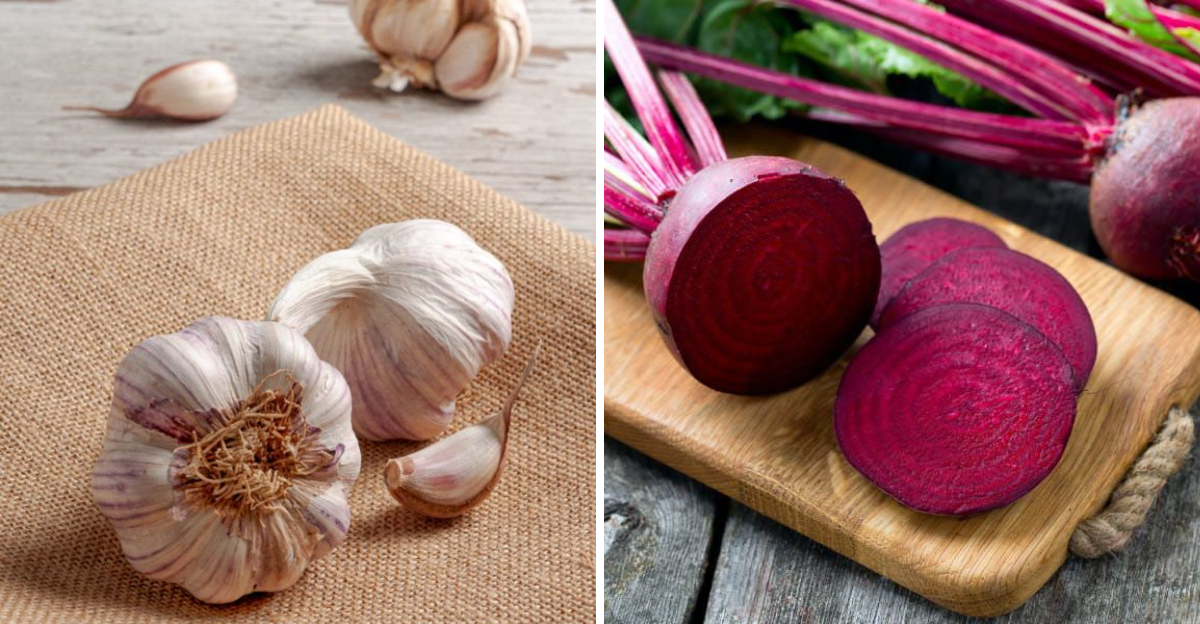
If you’re trying to keep your blood pressure in check, what you put on your plate matters—a lot. Some foods help relax blood vessels, reduce inflammation, and flush out sodium. Others quietly work against you, adding salt, sugar, or stress to your system. Here’s a simple, expert-backed breakdown of what to eat and what to avoid.
1. Leafy Greens
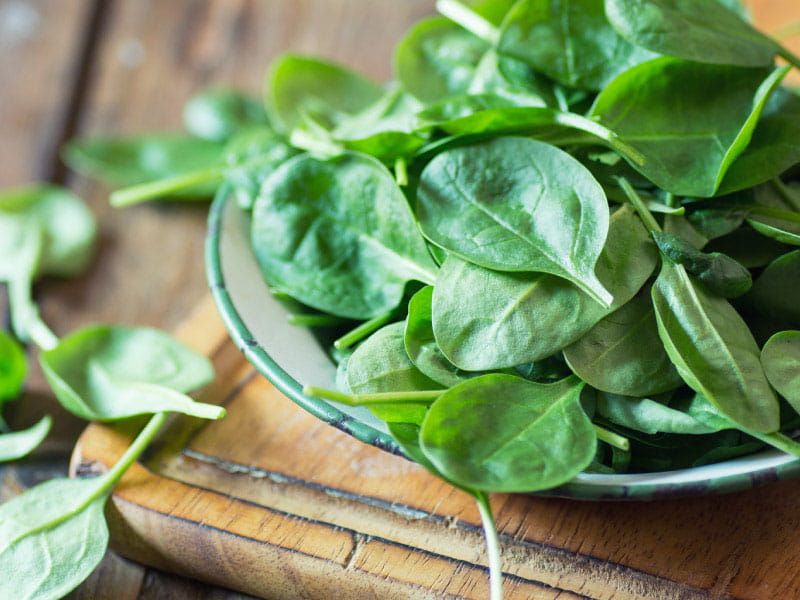
Packed with vibrant hues, leafy greens like spinach, kale, and Swiss chard are more than just salad staples. Rich in potassium, these greens help your body eliminate excess sodium, thereby reducing arterial tension. Their easygoing nature makes them a versatile addition to any meal, whether in smoothies, salads, or sautés. Imagine sitting at a sunlit table, enjoying the fresh crunch of these greens in your salad bowl, your vessel health quietly thanking you with each bite.
2. Berries
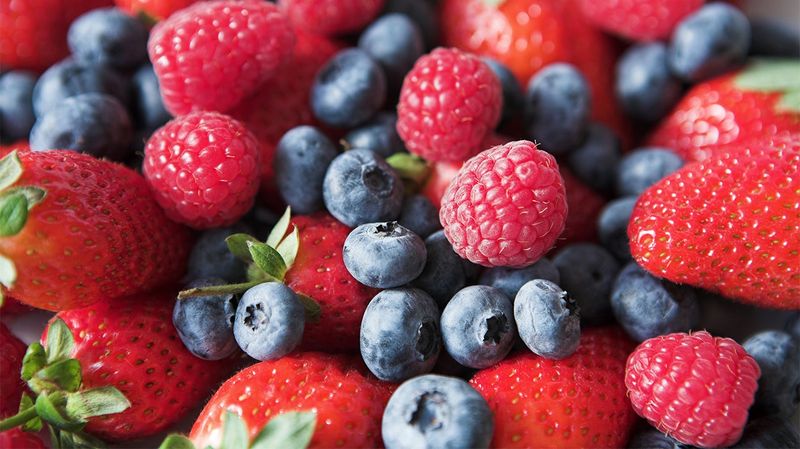
Berries, particularly blueberries and strawberries, are small powerhouses of nutrition. Their vibrant colors hint at their high antioxidant content, notably anthocyanins, which support and nurture healthy blood vessels. Picture a morning where your breakfast is a bowl of these jewels, each bite bursting with flavor and health benefits. Throughout history, berries have been celebrated for their healing properties, making them not just a delicious treat, but a wise choice for heart-conscious individuals.
3. Oats
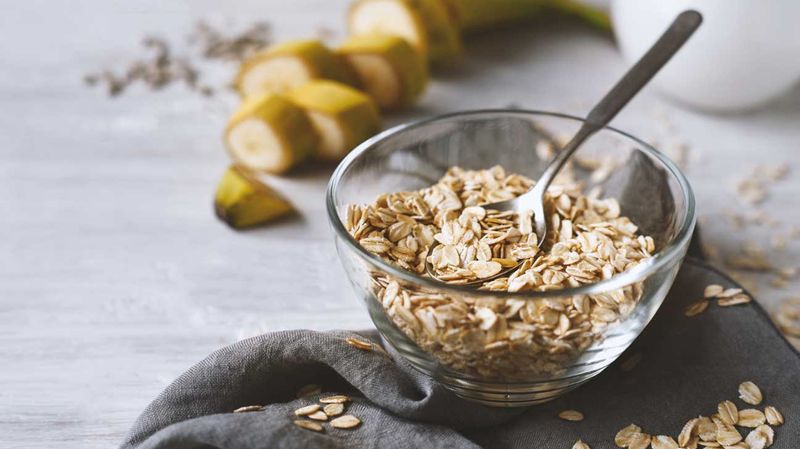
There’s something heartwarming about a bowl of oats in the morning. Known for their beta-glucans, oats are champions at lowering cholesterol and enhancing blood flow. Imagine the steam rising as you stir in some honey and nuts, each spoonful a comforting embrace for your heart. For centuries, oats have been a staple in diets around the world, prized for their nourishing properties and ability to sustain energy levels throughout the day. It’s a gentle reminder that simplicity often holds the key to health.
4. Beets
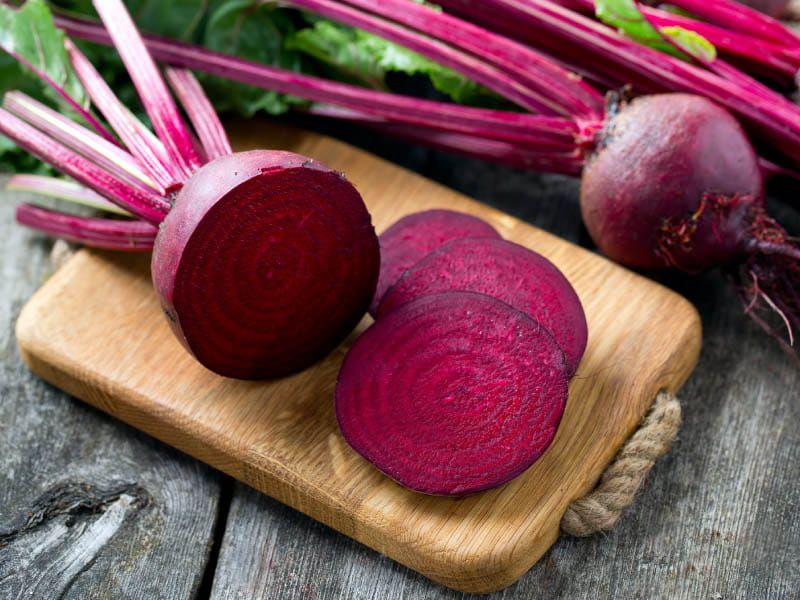
Beets, with their deep crimson hue, offer a striking visual appeal. Rich in nitrates, they help dilate blood vessels, facilitating improved circulation and ease. Imagine slicing into a beet, its rich color staining your fingers, a testament to its potent nutrients. These root vegetables have been revered since Roman times, not just for their sweet, earthy flavor, but for their significant health benefits. Whether roasted, juiced, or raw, beets bring a unique twist to any dish, both in color and nutrition.
5. Bananas
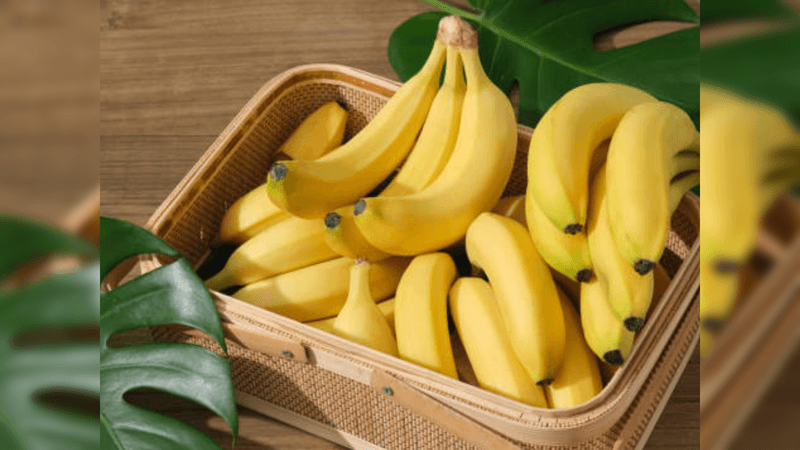
Bananas, the quintessential grab-and-go snack, are nature’s candy bar packed with potassium. This essential mineral is key to balancing sodium levels, making each banana a bite-sized blood pressure regulator. Envision walking through a lush, tropical plantation, picking a fresh banana, its peel whispering off to reveal sweet, creamy flesh. Historically, bananas have traveled far and wide, bridging cultures with their universal appeal and nutritional prowess. Their convenience and health benefits make them a staple in households globally.
6. Fatty Fish
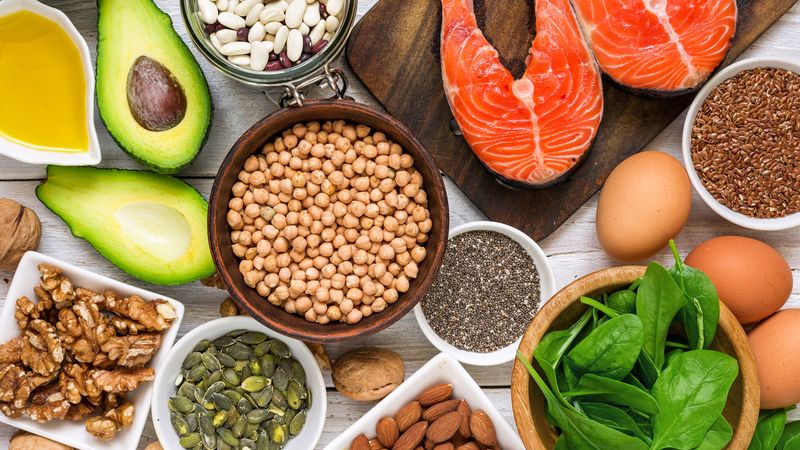
With its rich omega-3 content, fatty fish like salmon, sardines, and mackerel are heart’s best friends. These fats reduce inflammation and maintain arterial flexibility, crucial for heart health. Picture a sunny day by the sea, savoring a perfectly grilled salmon, its skin crispy and flesh tender. The ocean’s bounty has long been associated with longevity and vitality, and these fishes carry that legacy forward. Each bite supports your heart, offering both flavor and the promise of good health.
7. Garlic
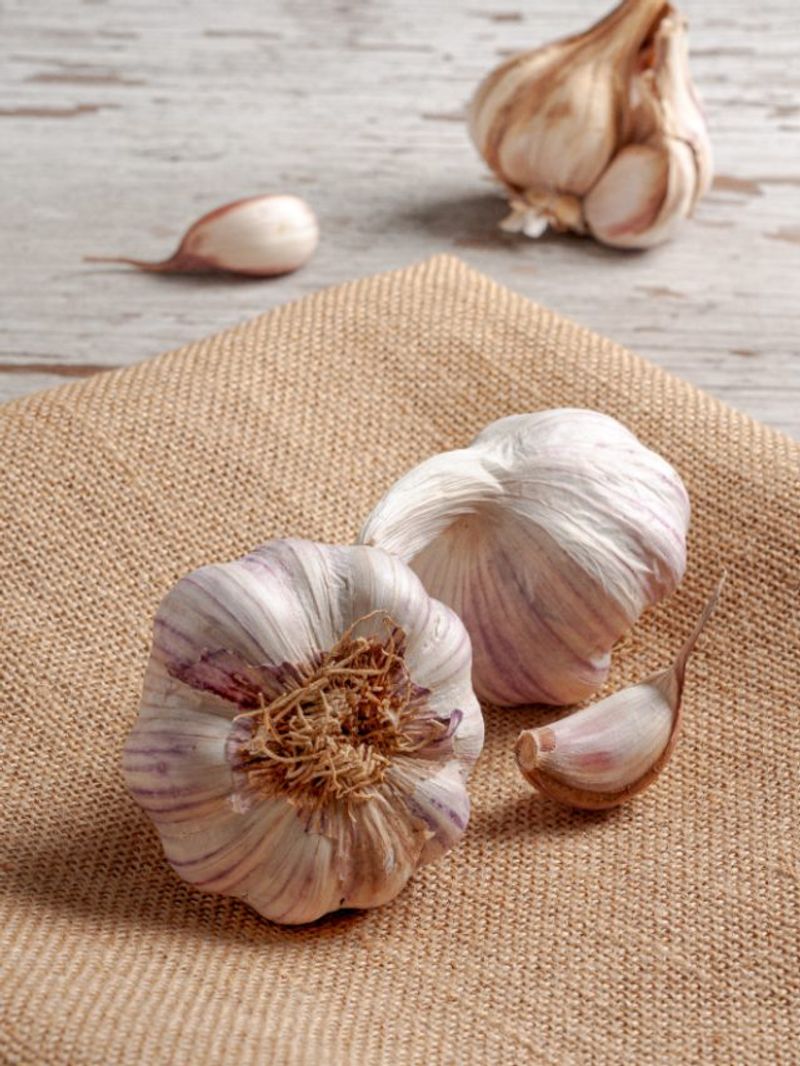
Garlic’s pungent aroma might be polarizing, but its health benefits are universally acclaimed. Containing allicin, garlic aids in vessel relaxation, potentially lowering blood pressure. Picture an ancient kitchen where garlic has been used medicinally for centuries, its cloves a testament to enduring health wisdom. Crushed or minced, garlic infuses dishes with a depth of flavor and nutrition, acting as both a culinary and health staple. Its robust character makes it a small yet powerful ally in maintaining heart health.
8. Low-Fat Yogurt
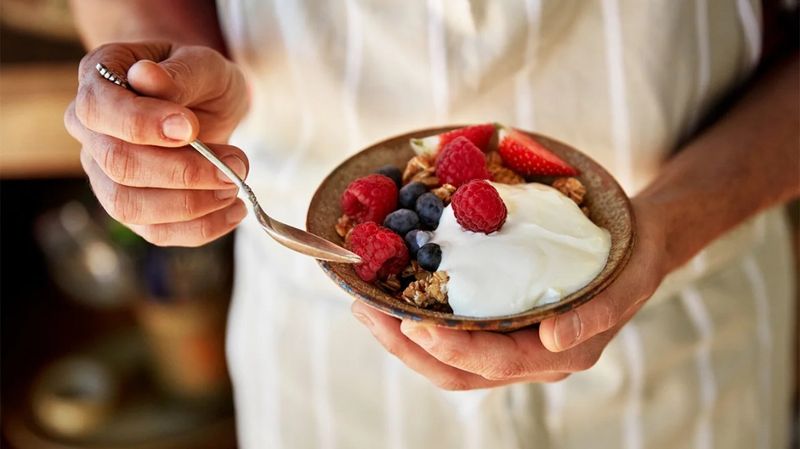
Low-fat yogurt is a creamy delight that’s more than just a breakfast staple. Rich in calcium and potassium, it supports heart health and blood pressure regulation. Imagine a tranquil morning, spooning creamy yogurt into a bowl, topped with a sprinkle of berries, a drizzle of honey, and a dash of granola. This simple ritual not only satisfies your taste buds but also nourishes your heart. Throughout history, yogurt has been revered as a food of longevity, celebrated for its probiotic benefits and soothing nature.
9. Processed Meats
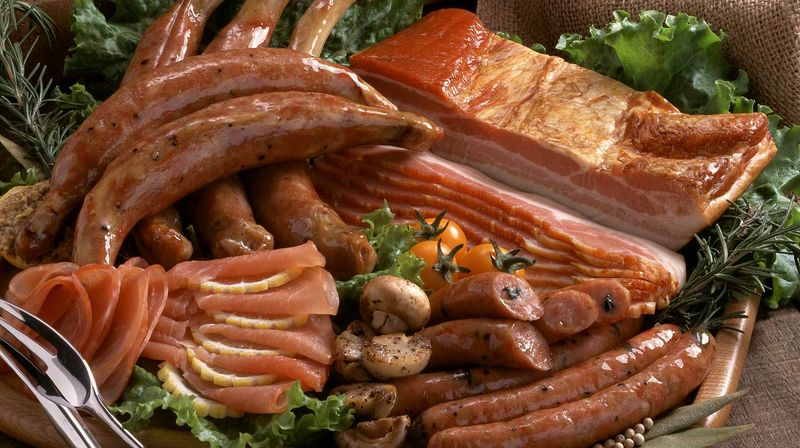
Processed meats, often tempting and convenient, are packed with sodium and preservatives. These ingredients stealthily elevate blood pressure, posing a silent threat to your heart. Visualize a bustling deli counter, the air filled with the rich aroma of cured meats, their enticing presence masking hidden risks. Despite their savory allure, these meats have been linked to health concerns, making mindful consumption crucial. Their convenience comes at the cost of health, reminding us that not all quick fixes are wise choices.
10. Pickled Foods
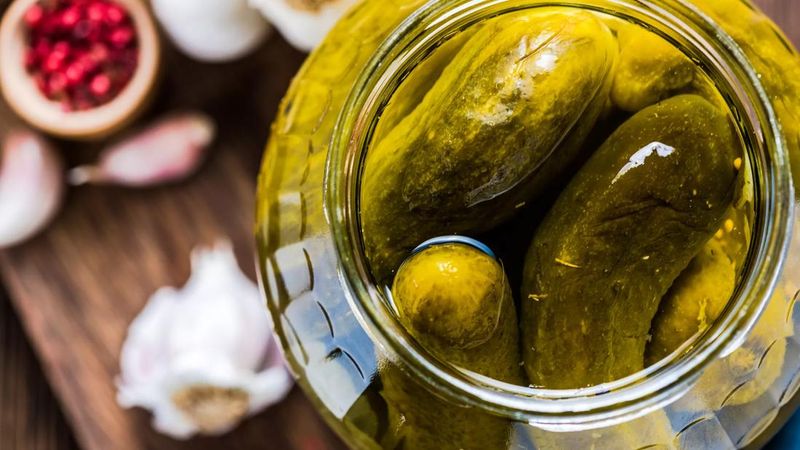
Pickled foods, with their tangy zest, might seem like a healthy choice, but their high salt content tells another story. Imagine a pantry lined with jars of pickles, each awaiting to add flavor to your meals. However, the brine, especially in store-bought versions, is heavily laced with sodium, raising blood pressure concerns. This culinary tradition, dating back centuries, requires careful moderation. While they add a delightful crunch to dishes, it’s wise to balance their consumption with awareness of their hidden sodium load.
11. Canned Soups and Vegetables
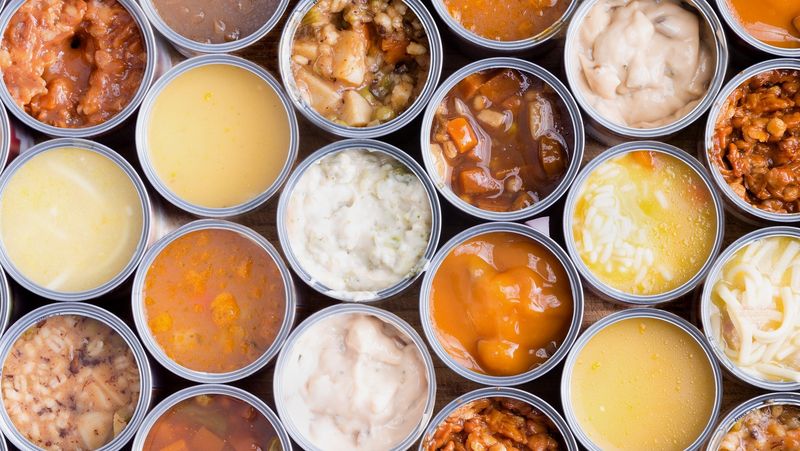
Canned soups and vegetables offer convenience, but often at the expense of sodium levels. These seemingly healthy choices can harbor surprising amounts of salt, sneaking into your diet unnoticed. Picture a cozy evening, a bowl of soup steaming before you, the warmth masking its secret sodium content. While the ease of opening a can is appealing, it prompts a closer look at labels. This simplicity can come with a cost to heart health, urging smarter choices in the kitchen aisle.
12. Fast Food
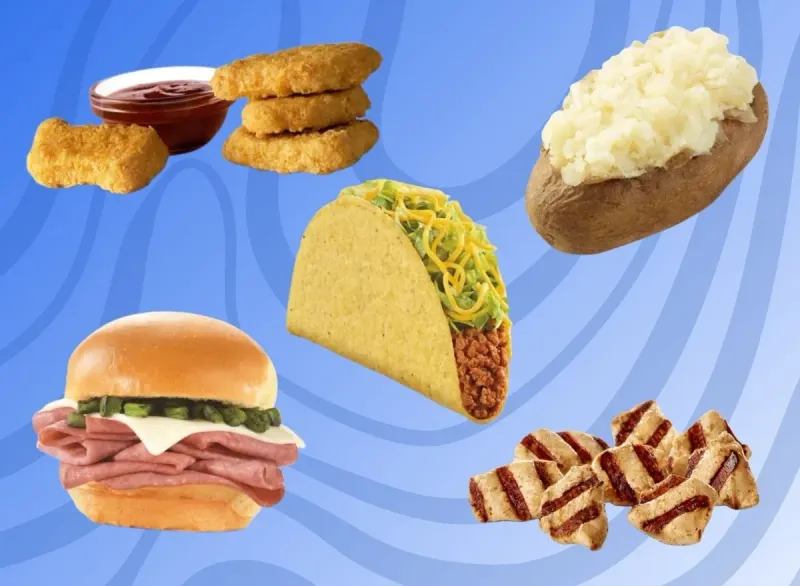
Fast food is a modern indulgence that’s almost always high in sodium, saturated fats, and calories. These elements form a trifecta that challenges heart health, making moderation key. Picture a bustling fast food restaurant, trays laden with tempting burgers and fries—easy yet risky choices for your heart. Despite their appeal, these meals often come with hidden consequences. The fast food era, while innovative, has sparked a culinary revolution that demands awareness and balance to protect your cardiovascular system.
13. Cheese
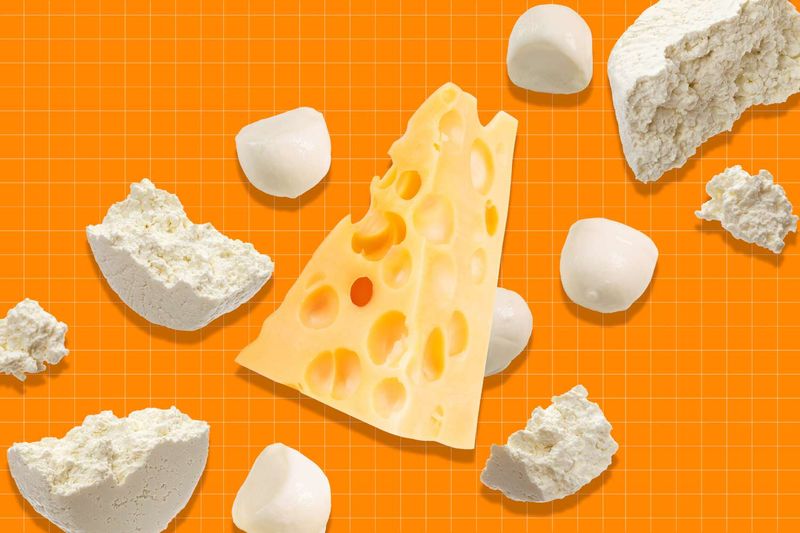
Cheese, especially hard and aged varieties, is a delightful indulgence with a salty twist. Even a small piece can pack a sodium punch, contributing to elevated blood pressure if unchecked. Envision a cozy evening, a cheese board adorned with assorted flavors tempting your palate. While cheese offers a rich and varied profile, its sodium content warrants mindful consumption. This savory delight, while heartwarming, invites a cautious approach to maintain a balance between enjoyment and heart health.
14. Sugary Drinks

Sugary drinks, from sodas to sweetened teas, often hide their health impact beneath a veneer of sweetness. These beverages can contribute to insulin resistance and higher blood pressure over time. Picture a sunlit afternoon, a cold glass of soda in hand—refreshing yet deceiving. While they offer temporary satisfaction, their long-term effects on heart health prompt reconsideration. The culture of sweetened beverages has penetrated our daily lives, urging a thoughtful balance with healthier hydration choices.
15. Alcohol

Alcohol, in moderation, can be a social delight, yet its excess poses risks to blood pressure and medication interactions. Imagine a warm, lively bar where each drink brings camaraderie but also potential cardiovascular challenges. With every clink of glasses, awareness grows about alcohol’s dual nature—a pleasure and a caution. Its historical role in culture and celebration is undeniable, yet it whispers a reminder of moderation. Balancing enjoyment and health becomes essential in every toast and sip.
16. Caffeine

Caffeine, found in coffee and tea, offers a morning boost but can temporarily raise blood pressure, especially in those sensitive or unaccustomed. Picture a cozy café, the aroma of freshly brewed coffee weaving through the air, enticing yet cautionary. While caffeine brings vivacity to the day, its effects vary, prompting mindfulness in consumption. The tradition of coffee houses dates back centuries, and with it, the need to understand how this beloved brew impacts the heart. Balance remains key in each sip.
